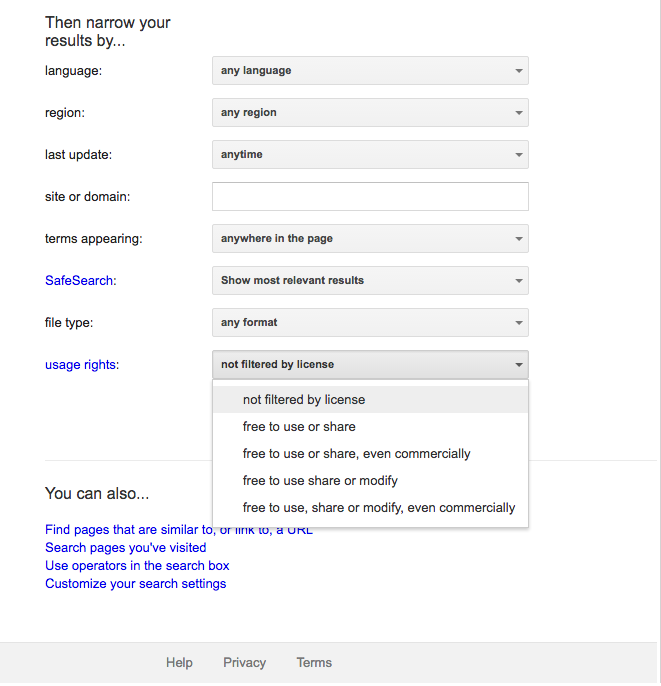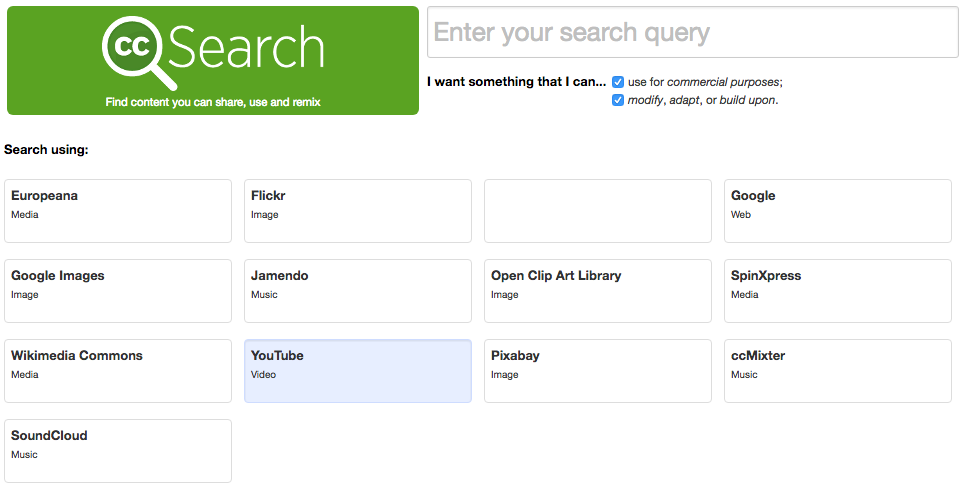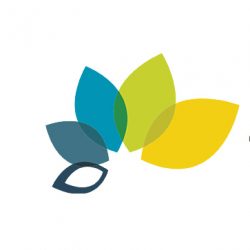Learning Objectives
By the end of this lesson, you will be able to:
- List useful repositories and search tools for finding OER
Introduction
Locating useful OER is both critical for OER adoptions and is a common stumbling block when first engaging with OER. According to the 2015-2016 Babson OER Survey[footnote]https://www.onlinelearningsurvey.com/reports/openingthetextbook2016.pdf Retrieved September 27, 2017. [/footnote], the top three barriers to OER adoption are related to discovering and selecting appropriate OER. This lesson will help you focus on the use case for the OER, and take a look at a variety of locations and methods for finding OER.
Knowing What to Look For
Perhaps the most important first step when searching for OER is knowing what you are looking for. Are you seeking OER video lectures that discuss Microeconomics? Or are you looking for a full 100-level OER course on Psychology? If you are able to narrow down your search to a particular field of study and have an idea of the types of OER content you are seeking, your searching will be much easier. The syllabus for a course is often a great place to see what content is already being used.
OER Repositories
Institutional Repositories (IR)
*Like many higher education institutions, the University of Hawai’i has a system-level OER repository meant to store OER created and adapted by UH faculty and staff.* Repositories like this have OER organized into collections and communities, usually following a subject-focused organizational structure, or one that represents OER from the different colleges and departments within the institution. IRs like this can be very useful in terms of finding OER that have been curated by librarians and educational staff. Full downloads of OER content are typically hosted here.
Examples of Institutional Repositories for OER:
Open Repositories
Open repositories provide free hosting for OER content, and typically offer services that make it easy to find and curate OER on their platform. These repositories may or may not be associated with educational institutions, and OER content from all over the world can be found in them. Full downloads of OER content are typically hosted here, as well.
Examples of Open Repositories:
Referatories
Referatories are websites that curate reviews and collections of OER, but send visitors to other website to access the full, downloadable content and files. In some cases, Open Repositories can also act as referatories, storing some OER content collections, and referring visitors to other websites for some OER downloads.
Examples of Referatories for OER:
Search Tools
Google Advanced Search
Google’s Advanced Search allows you to filter results by usage rights, but they do not offer a list of licenses to search by. Instead, they give their own descriptions of the licenses:
- not filtered by license (default)
- free to use or share (CC BY-NC-ND)
- free to use or share, even commercially (CC BY-ND)
- free to use, share, or modify (CC BY-NC or CC BY-NC-SA)
- free to use, share, or modify, even commercially (CC BY or CC BY-SA)
To find content that you can modify, select one of the two last options in the dropdown menu.

CC Search
Creative Commons has its own search tool called CC Search, which makes it easy to activate filters for CC-licensed content on multiple search tools and platforms at once.

These search tools rely on license metadata being detected on the source webpage(s), but it is wise to confirm the CC license on the content you want to reuse before doing so.
JCCC has created a libguide to help you navigate the many sources of OER content on the web. You can find links to larger repositories, specific types of resources, and easy ways to integrate them into your classroom and Canvas.

